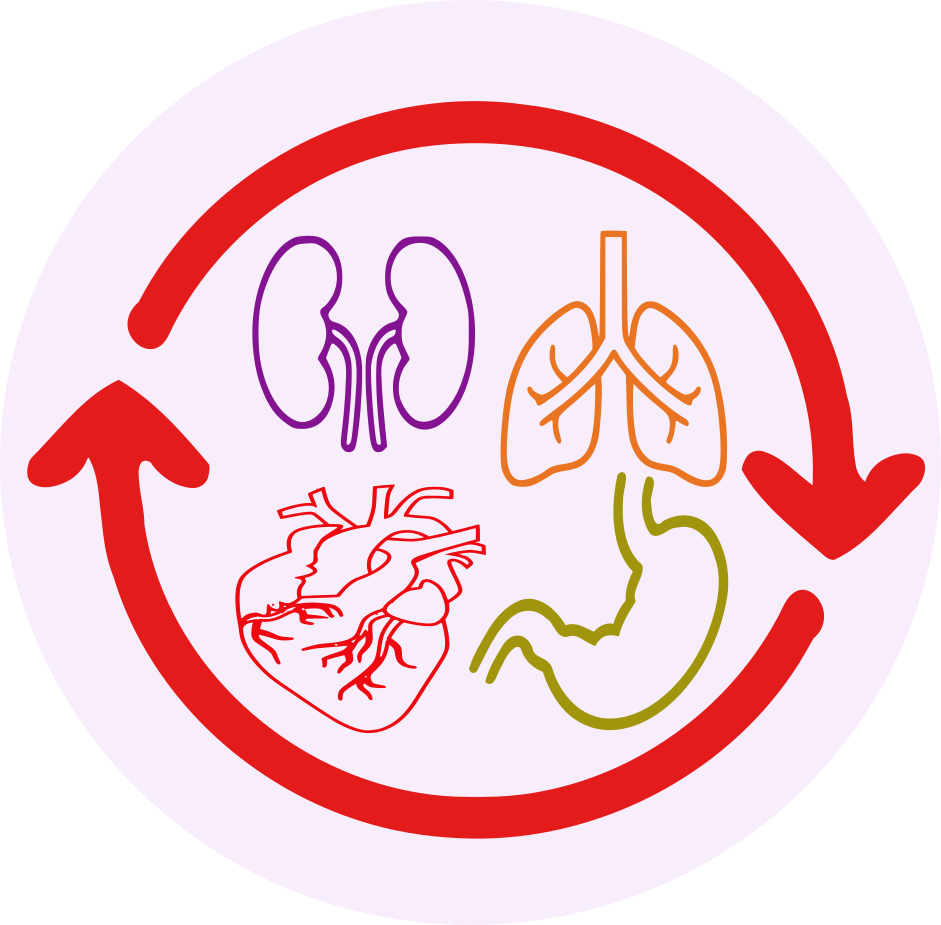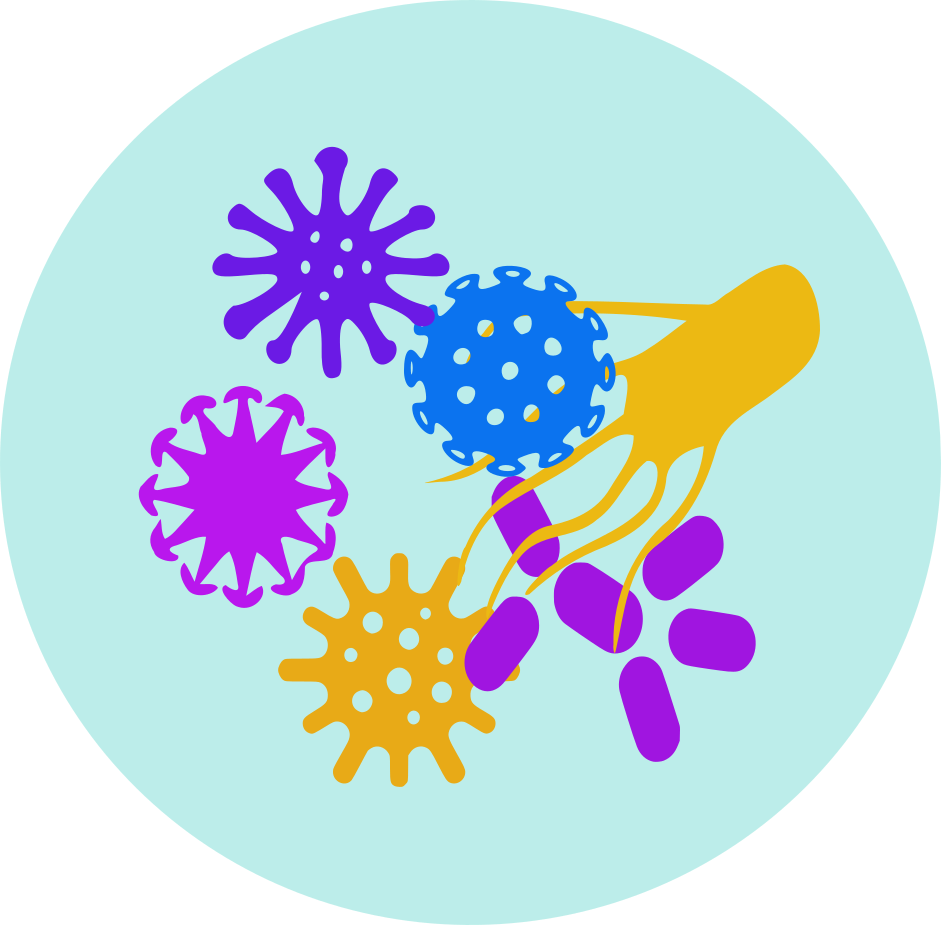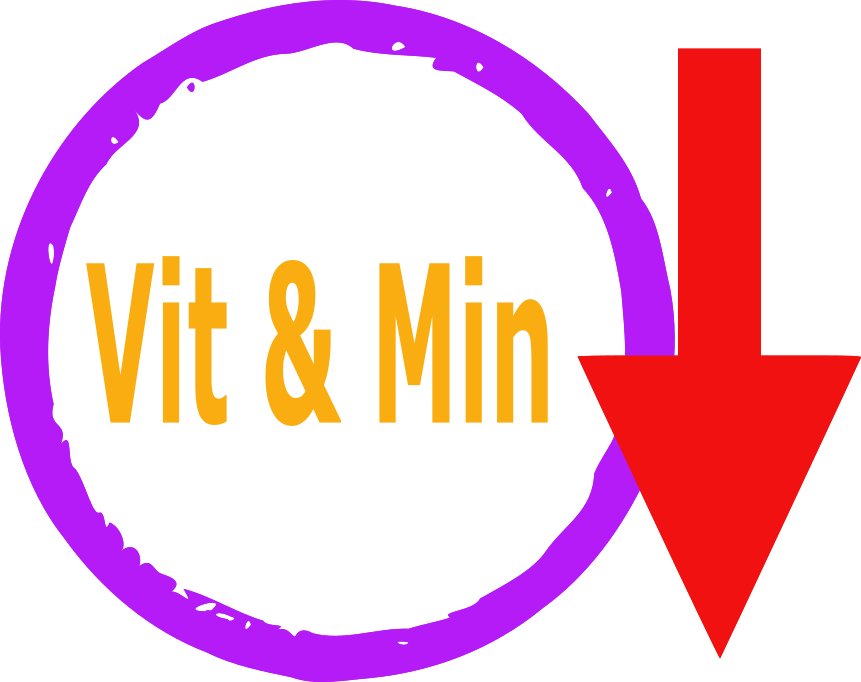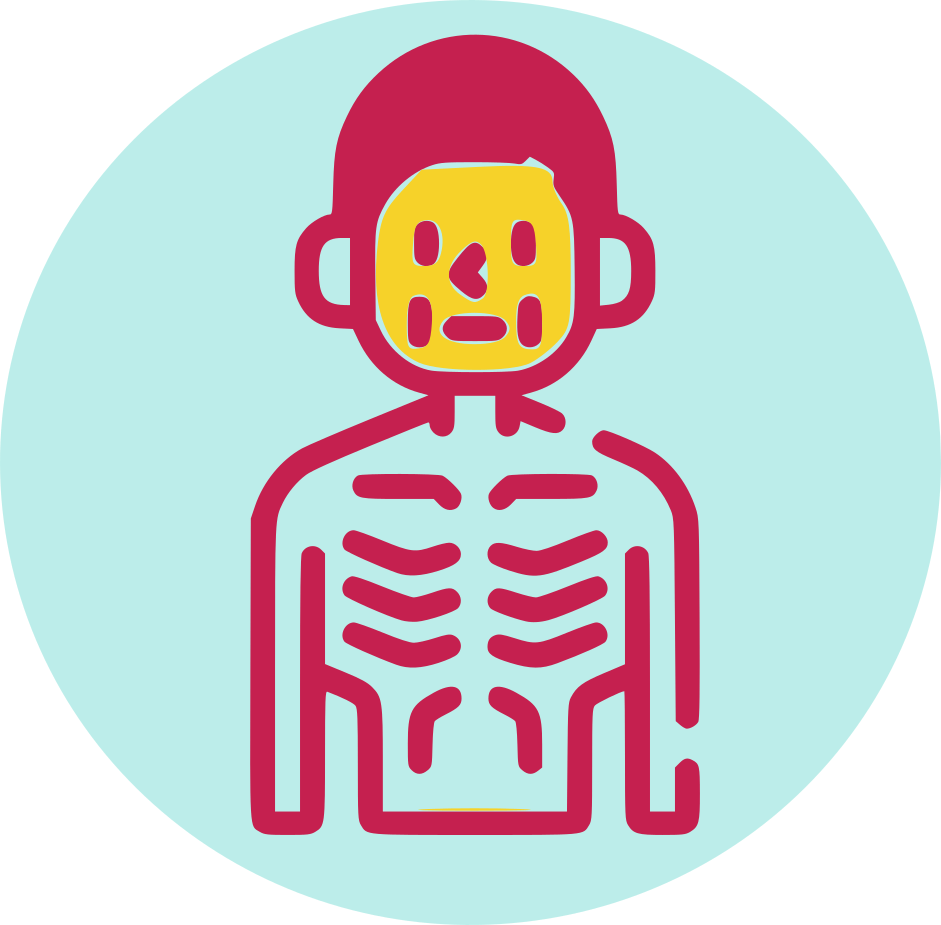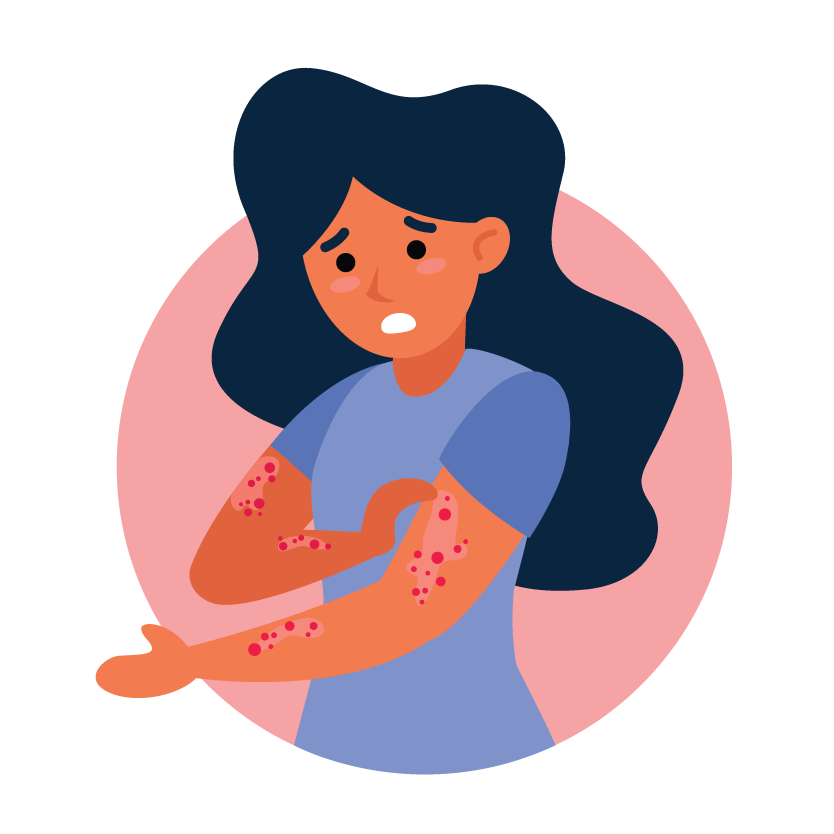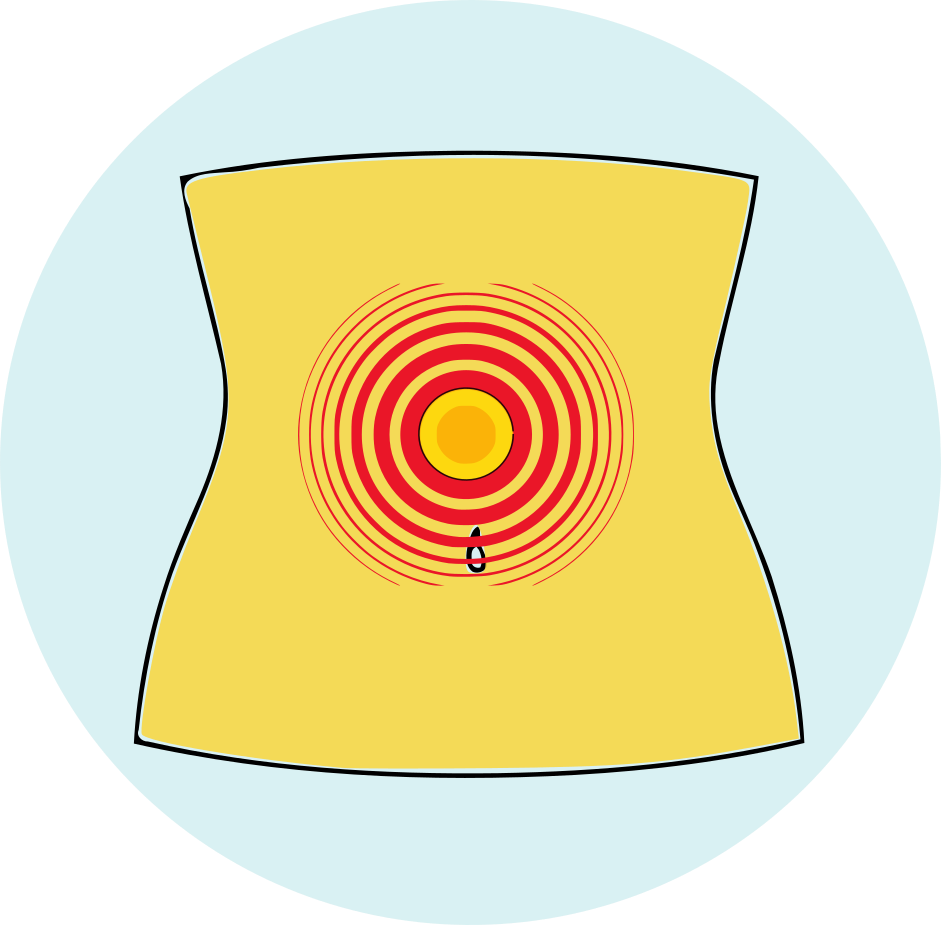| Name | Antioxident + Ascorbic Acid + Choline + Cobalt + Copper + Cyanocobalamin + Elemental Iron + Folic Acid + Iodine + Manganese + Nicotinamide + Pantothenic acid + Pyridoxine Hydrochloride + Riboflavin + |
| Classes |
Nutritional Supplement Mineral and Vitamin Combination |
| Diseases |
Malnutrition and Electrolyte Imbalance Vitamin Deficiency |
Antioxident + Ascorbic Acid + Choline + Cobalt + Copper + Cyanocobalamin + Elemental Iron + Folic Acid + Iodine + Manganese + Nicotinamide + Pantothenic acid + Pyridoxine Hydrochloride + Riboflavin +
Antioxident + Ascorbic Acid + Choline + Cobalt + Copper + Cyanocobalamin + Elemental Iron + Folic Acid + Iodine + Manganese + Nicotinamide + Pantothenic acid + Pyridoxine Hydrochloride + Riboflavin is a combinational preparation of different minerals and vitamins. These minerals and vitamins play important roles in vital biochemical pathways of the body.
- Ascorbic acid: Also known as Vitamin C, is necessary for the growth, development and repair of all body tissues. It's involved in many body functions, including formation of collagen, absorption of iron, the proper functioning of the immune system, wound healing, and the maintenance of cartilage, bones, and teeth.
- Choline: Choline is a nutrient that functions similarly to the B vitamins. Choline is involved in a variety of biochemical pathways in the human body. It's crucial for the nervous system's development and normal brain function.
- Cobalt: Cobalt is a trace mineral. It is a component of vitamin B12 and is consequently required for cellular function. It also plays a role in the creation of red blood cells as well as antibacterial and antiviral substances that keep infections at bay.
- Copper: Copper is a trace mineral. Copper collaborates with iron to assist the body in the formation of red blood cells. It also aids in the health of the blood vessels, nerves, immune system, and bones. Copper also aids in the absorption of iron.
- Cyanocobalamin: Cyanocobalamin is the synthetic form of vitamin B12, which is metabolized by the body into the active form. Vitamin B12 is required for the proper function and development of almost all the organ systems, including the brain, nerves, and blood cells. Methyl cobalamin is the active form of vitamin B12.
- Elemental Iron: Iron is an essential mineral for the body's development and growth. Hemoglobin, a protein found in red blood cells that transports oxygen from the lungs to all areas of the body, and myoglobin, a protein that transports oxygen to muscles, are both made from iron. Iron is also required by our bodies to produce some hormones and some essential enzymes that carry out important biochemical activities.
- Folic Acid: Folic acid plays an important role in DNA, RNA and Protein biosynthesis. Folic acid is converted into tetrahydrofolate in the body which is the active form.
- Iodine: Iodine is an important mineral required for the synthesis of thyroid hormones.
- Manganese: Manganese helps the body form connective tissue, bones, blood clotting factors, and sex hormones. It also plays a role in fat and carbohydrate metabolism, calcium absorption, and blood sugar regulation. Manganese is also necessary for normal brain and nerve function.
- Nicotinamide: Nicotinamide is converted into two essential coenzymes in the human body: nicotinamide adenine dinucleotide (NAD) and nicotinamide adenine dinucleotide phosphate (NADP). Many important events require both NAD and NADP, including energy synthesis, DNA repair, and cell death regulation.
- Pantothenic acid: Pantothenic acid or vitamin B5 helps to produce energy from the food we take. Vitamin B5 is an antioxidant and a neural component that aids in immune system and neural function enhancement. It also helps with fat metabolism and stress reduction.
- Pyridoxine Hydrochloride: Pyridoxine Hydrochloride is a water soluble form of pyridoxine or Vitamin B6. Vitamin B6 is a vitamin that benefits the central nervous system and metabolism. Its roles include turning food into energy and helping to create neurotransmitters, such as serotonin and dopamine.
- Riboflavin: Riboflavin, also known as vitamin B2, acts in conjunction with the other B vitamins. It is necessary for the development of the body. It aids in the formation of red blood cells. It also assists in the energy release from proteins. Riboflavin aids in the conversion of carbohydrates to adenosine triphosphate (ATP).
Antioxident + Ascorbic Acid + Choline + Cobalt + Copper + Cyanocobalamin + Elemental Iron + Folic Acid + Iodine + Manganese + Nicotinamide + Pantothenic acid + Pyridoxine Hydrochloride + Riboflavin is indicated for the following conditions-
- Stressful conditions like- Chronic diseases, infections, pregnancy, lactation, old age.
- Malnutrition
- Vitamin deficiency
- Mineral deficiency
- Prophylaxis and treatment of conditions/ diseases associated with vitamin/mineral deficiency
As prescribed by your physician or health professional.
This is a well tolerated combination. Although uncommon, the user may experience following side effects-
- Rash
- Urticaria
- Abdominal pain
- Nausea
- Taste disturbance
- Diarrhea
- Patients with haemochromatosis, hemolytic anemia, or red cell aplasia who are at risk of iron overload should be monitored closely.
- With doxycycline, iron chelates and absorption may be hampered.
- There is a risk in giving folic acid to patients who have undiagnosed anemia because it can mask the diagnosis of pernicious anemia by alleviating the hematologic manifestations while allowing the neurologic complications to progress. This can cause severe nervous system damage if the correct diagnosis is not made. Adequate vitamin B12 levels may help to prevent, slow, or reverse the neurologic changes caused by pernicious anemia.
Contraindication
Contraindicated in patients hypersensitive to any component of the formulation.
None known.
There is no known contraindications of the preparation in term of health conditions.
 Bangla
Bangla English
English